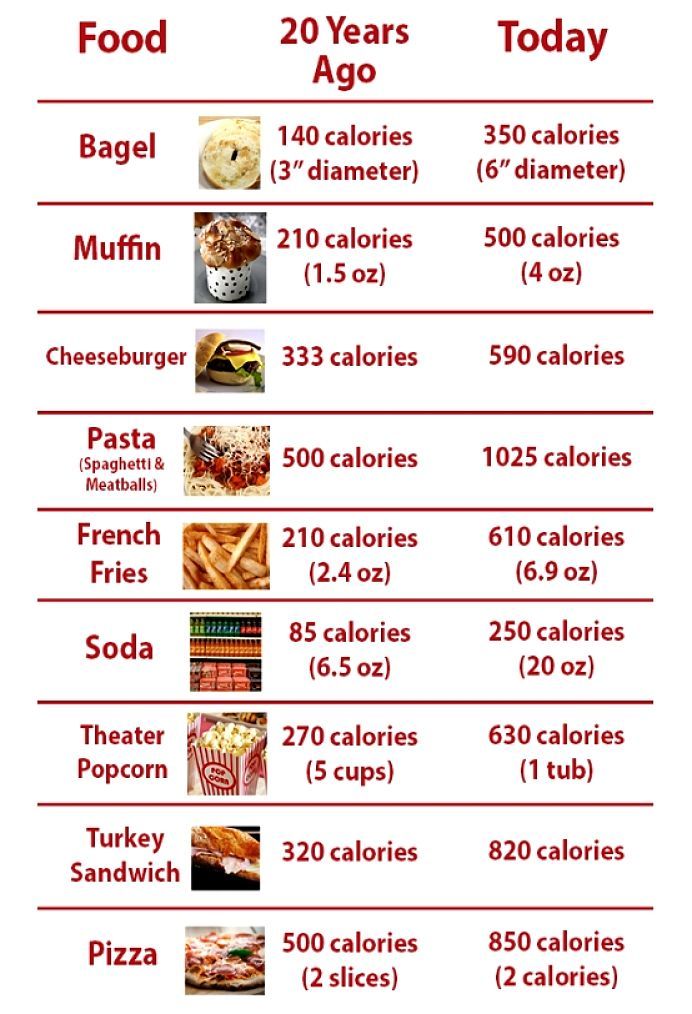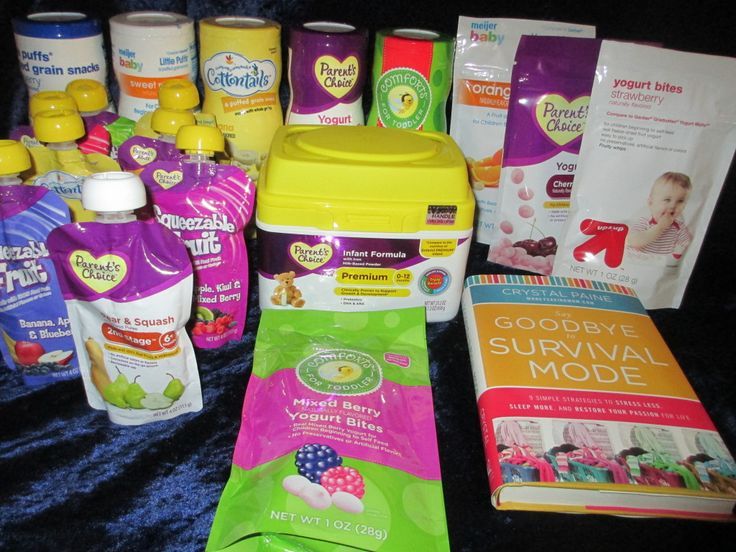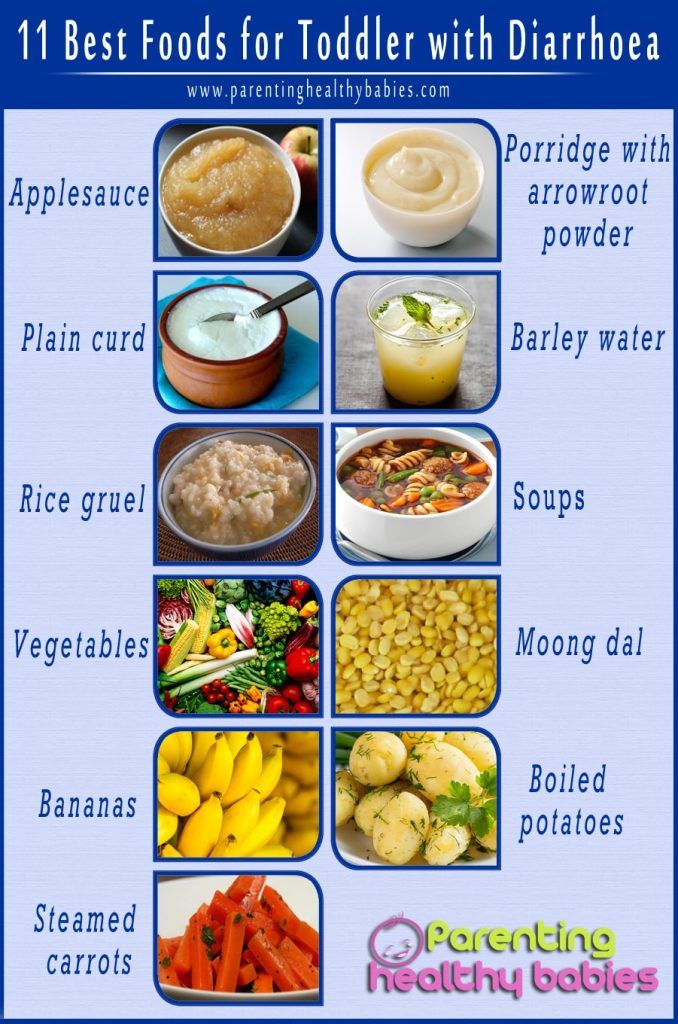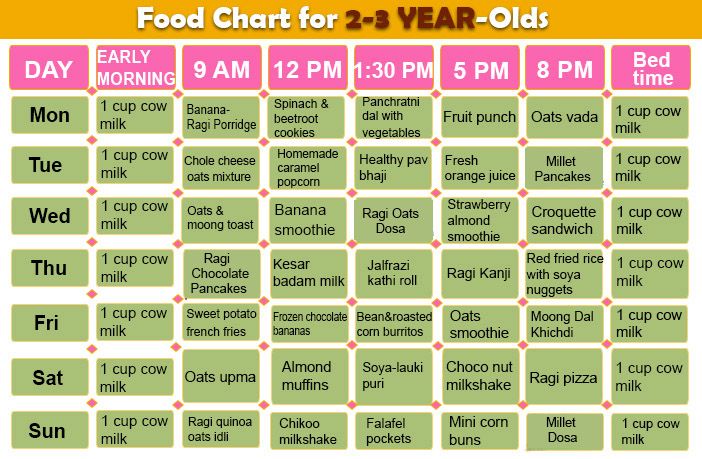My baby is cluster feeding all day
Cluster Feeding Defined and How to Manage It
Here, we're tackling cluster feedings and why your baby gets fussy in the evenings, so you can rest easy and learn tips for soothing your little one.
Share this content
Cluster Feeding - Causes and Solutions
It's not unusual to have a content, cooing baby one day and a fussy little one the next who is constantly demanding to nurse. Read on to learn about cluster feeding, what causes it, how long the stage may last, and what you can do to help your baby.
Fussy Baby - Is Your Baby Cluster Feeding?
Breastfeeding creates an unmistakable bond between you and your baby. This bond brings emotional security and comfort to your baby, while providing the best nutrition possible. So, it’s no surprise babies are eager to nurse often and enjoy that special time with you.
But even if you love that special time with your baby, many moms question whether their little one’s behavior is typical and how to manage frequent nursing demands. This is what's known as cluster feeding and it's why your baby tends to get fussy in the evenings. The most important thing for you to know? In most cases, your baby's behavior is completely normal.
What is Cluster Feeding?
Cluster feeding is when your baby has several feedings close together during a certain period of time, often in the late afternoon or evening. So, even though you are feeding your little one every couple of hours most of the day, cluster feeding is characterized by your baby nursing for short periods, coming off your breast, nursing a little more, fussing, nursing more, hiccuping, and so on and so forth. Don’t worry! It’s completely normal, and some babies may cluster feed every day.
Cluster feeding is most common in very young babies, but can also happen with older babies who have a tummy ache or are going through a growth spurt.
Can I Produce Enough Milk to Meet Baby's Demand?
A mother’s body is very in tune with her baby’s needs.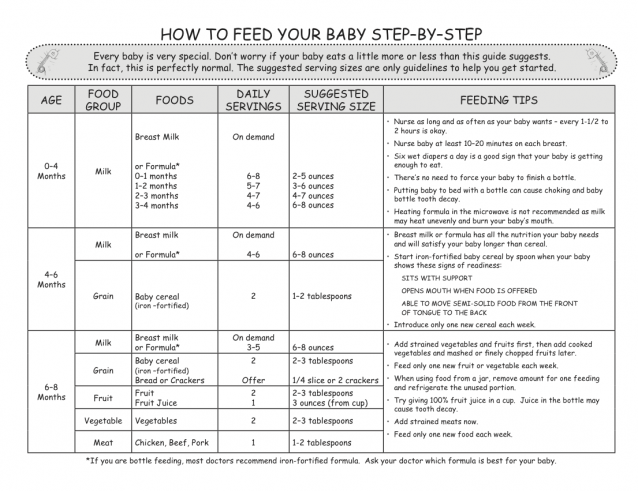 For that reason, it’s always best to nurse whenever your little one wants to. Nursing or pumping often is the best way to maintain supply and ensure your baby is getting all the breast milk they need. And while many moms find cluster feeding difficult to manage, you should know that over time, your baby will nurse less often and for less time, especially after introducing solids.
For that reason, it’s always best to nurse whenever your little one wants to. Nursing or pumping often is the best way to maintain supply and ensure your baby is getting all the breast milk they need. And while many moms find cluster feeding difficult to manage, you should know that over time, your baby will nurse less often and for less time, especially after introducing solids.
Why Do Babies Cluster Feed?
You know the drill. Your baby is happy and content all day, and then dinnertime hits, and suddenly they become ornery, fussy, and seemingly inconsolable. This type of fussiness often goes hand-in-hand with cluster feeding. So, what gives? While it’s not totally clear what causes this common nighttime ritual, researchers have some ideas:
- Baby is Overtired. It’s hard being little! If your baby isn’t getting plenty of nap time during the day, it’s not unusual for them to get tired toward the end of the day and then get fussy. And, unlike adults, babies aren’t able to calm down and just go to sleep.
 They rely on you to comfort them, snuggle them, nurse them, and help them relax so they can drift off to sleep.
They rely on you to comfort them, snuggle them, nurse them, and help them relax so they can drift off to sleep. - Baby is Overstimulated. Many doctors believe evening fussiness is caused by your baby’s immature nervous system. Basically, what that means is that your little one isn’t used to all of the stresses and stimuli of everyday life, so they react to this overload by crying. Your best bet is to keep your baby close to you (or your partner!) by snuggling and carrying them, nurse them when they want to nurse, and reduce stimuli like bright lights, loud sounds, and busy or cluttered rooms.
- Baby Growth Spurts. Your baby's little body is growing and changing fast! If they happen to be going through a growth spurt, they're going to want more nourishment and may begin cluster feeding. If that's the case, you may find your baby wanting to nurse every 30 minutes to an hour.
How Long Does Cluster Feeding Last?
A continuously fussy baby can become stressful. Don't worry, mama! Like so many other things, your baby will grow out of this stage and move on to the next. In fact, the good news is that many babies outgrow this fussy stage by 3 - 4 months old. In the meantime, be patient and know that every ounce of milk and love your little one gets is precious.
Don't worry, mama! Like so many other things, your baby will grow out of this stage and move on to the next. In fact, the good news is that many babies outgrow this fussy stage by 3 - 4 months old. In the meantime, be patient and know that every ounce of milk and love your little one gets is precious.
How to Stop Cluster Feeding
What makes cluster feeding even more challenging is that it often happens during your baby’s fussiest time. Your little one might nurse for a few minutes, then fuss, then take a little more, and so on. If that sounds familiar, try some of these soothing techniques to help calm your baby:
- Move around. Whether it’s rocking, swaying or walking, sometimes motion can help soothe your little one.
- Sing, hum, talk, or listen to soft music or white noise.
- Hold your baby or wrap them in a sling or baby carrier to help them feel close and secure.
- Reduce stimulation by taking your little one into a quiet, dark room or try swaddling them.

Don't forget to give yourself a break too! Fussy babies and cluster feeding can be frustrating, so it’s important to take a moment to relax. Hand your little one off to your partner or put them in their crib if they’ve finally dozed off, and go for a short walk, take a shower, or just sit by yourself quietly for a few minutes.
What to Do When Baby Wants To Eat CONSTANTLY
Cluster feeding is something almost every new mom will face, and it’s hard! In this post, we’ll explainwhy, plus equip you with helpful tips and tricks.
You just gave birth to this miraculous little human being. You’re exhausted. You haven’t showered in days and you’re in full postpartum mode. And yet, your sore nipples won’t catch a break because baby wants to feed ALL. OF. THE. TIME. Don’t worry, mama, this phenomenon is called cluster feeding and it is a.) perfectly normal and b.) temporary. ?
Cluster Feeding Video by Genevieve Howland
What Is Cluster Feeding?
Does it seem like baby wants to nurse all the time? Forget every two hours—it seems like your baby is ready for that milk every 20 minutes! Sounds like cluster feeding, a time when baby needs to nurse frequently in order to satisfy his appetite. Though cluster feeding can happen at any time of the day, it often happens in the evening and is accompanied by a period of fussy and restless behavior that can last for a few hours.
Get free updates on baby’s first year! – Free Updates on First Year [In-article]
Sign me up!
Why Do Babies Cluster Feed?
A schedule sounds nice, right? New parents learn very quickly that you can’t always count on an infant to follow any sort of schedule, no matter how hard you try! It’s normal to experience irregularities to your sleeping or feeding routine with a newborn (or even toddler!)
When baby wants to cluster feed, it’s generally to satisfy the nutritional demands of a growth spurt (also known as a wonder week)—a time when baby is growing and developing both mental and motor skills.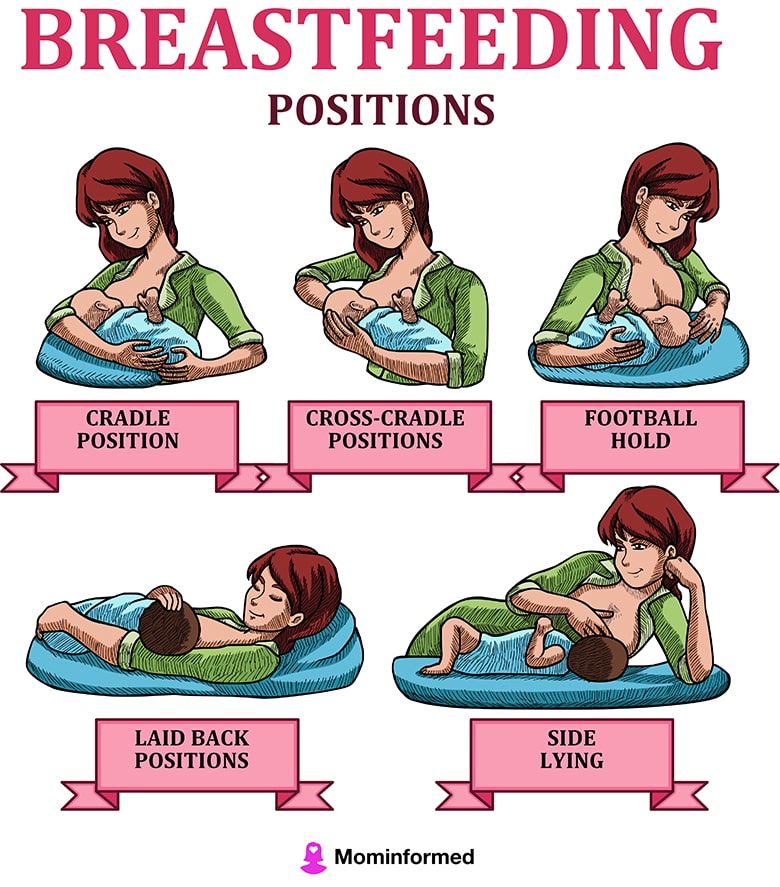
After a bout of cluster feedings, mom’s breast milk output or supply will usually be higher to support baby’s bigger size.
How Long Do Babies Cluster Feed?
Your baby may want to cluster feed anywhere from a few days to several weeks at a time during a significant growth or development period.
According to La Leche League, baby experiences the most rapid growth during the first two months of life. Significant growth spurts (and hence, cluster feedings) most often occur at these times:
- Day 2
- weeks 2-3
- weeks 4-6
- 3 months
Navigating these lengthy periods of increased feedings can be difficult. It’s crucial to remember that this too shall pass—your baby just needs a little extra help in order to fully develop into the healthy, beautiful child that he is destined to become.
How to Take Care of Yourself During Cluster Feeding
When baby wants to eat every 20 minutes, your focus narrows on making sure he gets enough to eat. But don’t forget to take care of yourself! Cluster feeding can be a trying time for Mama, too. Here are some ways to ease the emotional and physical burdens:
But don’t forget to take care of yourself! Cluster feeding can be a trying time for Mama, too. Here are some ways to ease the emotional and physical burdens:
Take care of your breasts
Even if your baby has a good latch, frequent nursing sessions can be brutal for your nipples. The good news: There are many effective remedies for sore nipples that are safe for both you and your baby. Here are some ways you can take care of yourself:
- Use nipple creams: Buy creams, use coconut oil, or try my DIY recipe.
- Apply a warm compress: Cover your breasts with a warm, damp towel for about 10 minutes to ease any tenderness and increase blood circulation.
- Avoid underwire bras: Underwire can put unnecessary pressure on breasts, causing even more soreness.
- Go topless: It’s your house and you can do what you want! Loose clothing—or no clothing at all—will eliminate any extra chafing and can do wonders for irritated nipples.

- Rotate breastfeeding positions! This will help “wear and tear” to your nipples as each breastfeeding position affects the nipples in slightly different ways.
Eat well and stay hydrated
If you’re tempted to scrimp on meals in attempt to lose that baby weight, now is not the time. Your body can burn up to 500 calories a day breastfeeding! That means you really need good calories (high protein; high fat) coming in. (Here are some yummy meals for inspiration.) It’s also important to stay hydrated—a breastfeeding mama needs extra water to keep up with the demands of creating more milk. Shoot for at least 8 cups of water a day, if not 12.
Get professional help
Don’t go at it alone! If you have questions about cluster feeding, are experiencing pain, or feel stressed, find a professional who can help. Lactation consultants and organizations like La Leche League or Breastfeeding USA can offer professional advice as well as support groups for new moms.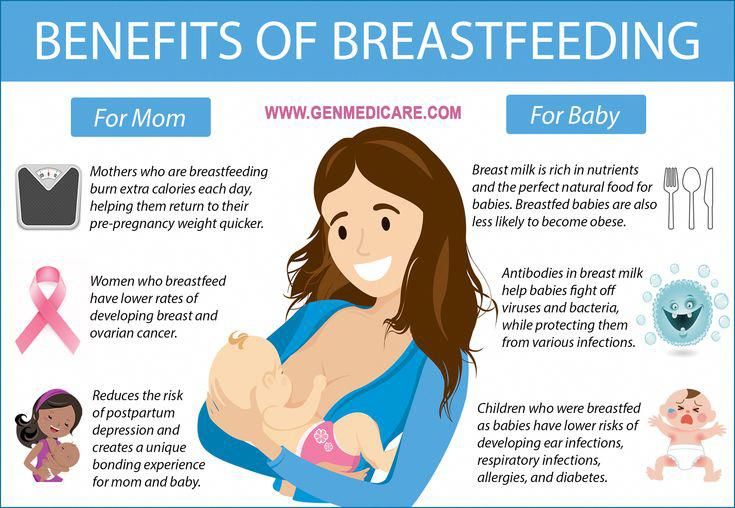
Lean on family and friends
Utilize your partner to make cluster feeding more manageable. If find yourself stuck in an unusually long feeding session, don’t be afraid to ask your partner to bring you a glass of water, readjust your pillows, or even tidy the house while you feed baby. You may also want someone to cook for you! Or find some healthy takeout places.
Practice babywearing & skin-to-skin
When baby wants to nurse constantly, put him/her in your baby carrier! Baby can nurse away and you can actually get a few things done around the house. Even better, do it while practicing skin-to-skin contact. This simple practice boosts milk supply, endorphin levels and calms a fussy baby.
Embrace the bonding time
We know it’s tough Mama! But you got this. Try to focus on the biggest benefit of frequent nursing sessions: extra snuggles with your beautiful baby. Believe it or not, you will blink and baby will be heading off to kindergarten. (The days are long but the years are short!) By having the “long view,” you may be able to cope better during this tough time.
(The days are long but the years are short!) By having the “long view,” you may be able to cope better during this tough time.
A positive attitude can do wonders for your baby, too. When you’re more relaxed, baby tends to be more relaxed and nursing sessions will run smoother (your breasts won’t want to letdown if you’re high stress).
No matter what methods you employ to cope with the demands of cluster feeding, keep in mind that this too shall pass—it’s a common phase in the development of your child.
How to Handle Cluster Feeding at Night
Since cluster feedings can happen round the clock, but are especially common during the night (Grrrreat!), here are some extra strategies if you find yourself up all night…
Carve out a space for yourself
Set up a dedicated location in your home where you can nurse and relax in peace. Make sure you have a cozy chair and leave everything you may need for added comfort—a nursing pillow, a blanket, snacks, a big jug of water (!), nipple cream, etc.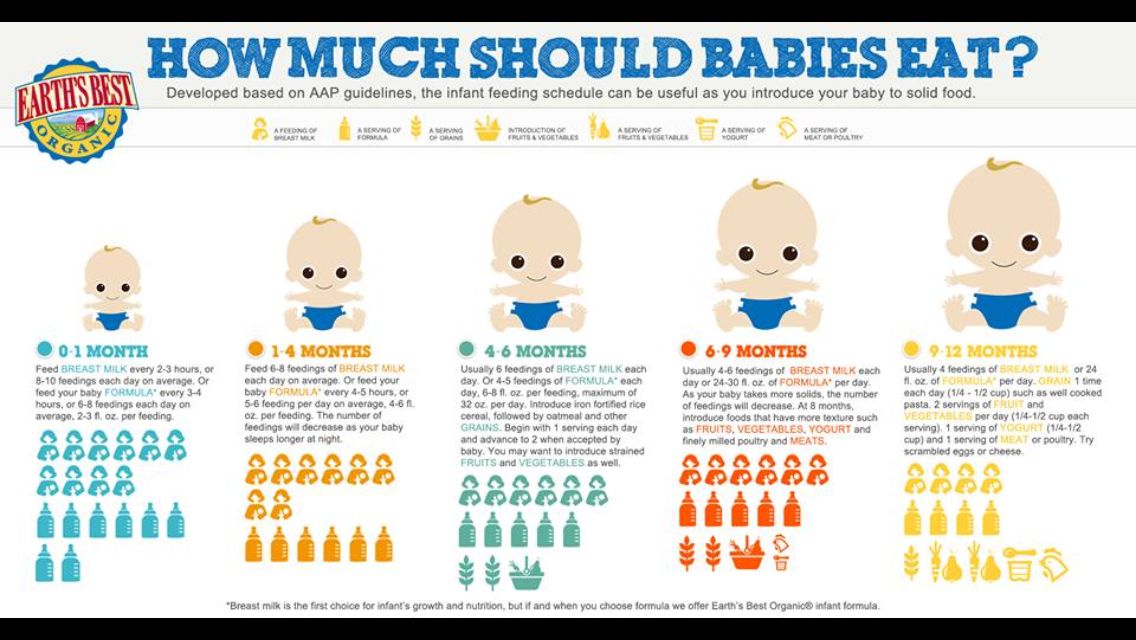
Use soothing techniques
Try to keep your baby as relaxed as possible when nursing by swaying, rocking, and utilizing ambient sound machines to keep baby in a sleepy mode. Avoid bright lights, loud sounds or too much stimulation. You can nurse skin-to-skin to help boost your milk supply, support calming oxytocin levels, and keep baby happy and calm.
Be flexible
Having flexibility in your daytime schedule can help make staying up at night feel more manageable. Sleep when the baby naps during the day. The household chores can wait and scrolling on Instagram isn’t going to give you energy.
Or, ask a friend or family member for help. Adequate sleep (and a proper diet!) can go a long way towards making you feel more refreshed and capable of managing any late evening cluster feeding.
Do Formula-Fed Babies Cluster Feed?
Formula-fed babies can exhibit this behavior, although usually to a lesser extent than those that are breastfed.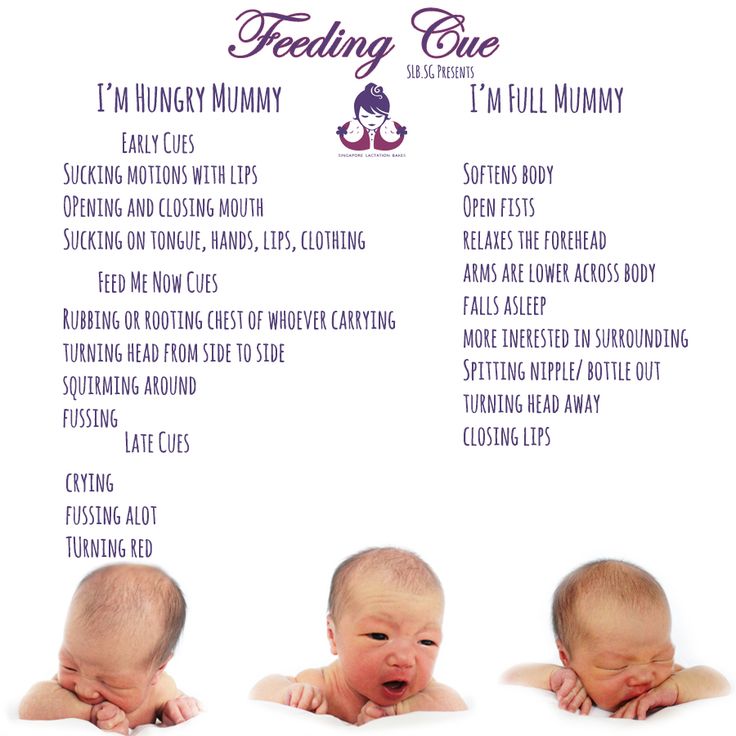 Luckily many of the same tips and tricks will work for formula-fed babies as well.
Luckily many of the same tips and tricks will work for formula-fed babies as well.
Can Baby Be Overfed?
While it is technically possible to overfeed your baby, it’s very unlikely that a breastfed baby gets too much milk as it takes work for him/her to extract milk from your breast! (Have you ever noticed your baby sweating during a nursing session?!) Your baby will generally guide you, offering cues that he/she needs more food or is satisfied.
If you are bottle feeding, try a slow flow bottle and practice paced bottle feeding to prevent overfeeding your baby.
Am I Making Enough Breast Milk?
Cluster feeding can lead new moms to wonder if they are struggling with low milk supply. In most cases, cluster feeding has nothing to do with your milk supply. Rather, baby just needs extra nutrients to fuel all that growing he’s doing!
You can certainly add in special foods or teas that boost milk supply to help during the extra demands of cluster feeding, but don’t be concerned unless baby is showing signs of being underfed.
Sometimes, baby’s constant desire to nurse or overall fussiness may be due to other issues like colic, baby reflux, needing a good burp, or simply overexhaustion.
Signs that you want to pay attention to include:
- Baby is losing weight
- Baby has fewer wet/dirty diapers
- Baby has fever
- Your breasts don’t seem empty after feedings
If these signs are present, call your pediatrician or a lactation consultant for help. During bouts of cluster feeding, baby should be gaining weight and maintaining strong diaper output, so these symptoms could indicate another issue.
How About You?
Did your baby cluster feed? Please share your experiences and any strategies that helped you manage a more demanding nursing schedule!
What is normal breastfeeding? | Interview with Dr. Jacqueline Kent
It can be difficult for new mothers to understand if breastfeeding is going well, so we decided to ask the expert if it is possible to talk about the norms when it comes to breastfeeding.
Share this information
Dr Jacqueline Kent, Research Fellow, Hartmann Human Lactation Research Group:
Jacqueline joined the University of Western Australia research team in 1986 and received her PhD in 1999. She is currently researching the biochemical and physiological aspects of breast milk synthesis and release in search of scientific information to help mothers breastfeed longer.
Dr. Jacqueline Kent and her colleagues have been studying breastfeeding for many years. As it turned out, for all mothers and babies, this process occurs in its own way.
What were the most surprising results of your research?
Variety. It turns out that the limits of the norm are extremely wide.
We are used to textbooks that say that an infant should eat 8-12 times a day and gain 150 grams per week. But babies don't read textbooks and do things their own way! Some gain weight more slowly, others very quickly.
We observed infants aged one to six months who were exclusively breastfed. As our studies have shown, on average, a child is breastfed 4 to 13 times a day, and the duration of one feeding varies from 12 minutes to 1 hour. 1
As our studies have shown, on average, a child is breastfed 4 to 13 times a day, and the duration of one feeding varies from 12 minutes to 1 hour. 1
How much milk do breastfed babies usually consume?
According to our research, the volume of milk consumed by baby
ranges from 54 to 234 ml per feeding. 1
Sometimes it seems to the mother that the baby ate well, but when weighed, it turns out that he ate very little milk. And it happens the other way around: the child is distracted, breastfeeds for only a few minutes and still eats 100 ml of milk. Even if the baby is restless, this does not mean at all that he is malnourished.
All babies are different, but they all get the amount of milk they need in one way or another. One needs 500 ml of milk per day, while others eat up to 1356 ml!
By the way, boys on average eat 76 ml more milk per day than girls. The main thing is that you have enough milk, and the baby will decide when and how much he will eat.
Should I offer my baby a second breast?
I advise offering the second breast to the baby after the first has been completely emptied. If he accepts it, then he hasn't finished eating. If not, don't worry. Let the baby decide for himself - only he knows when he is full. According to our research, 30% of babies get enough milk from one breast, 13% eat from two breasts at each feed, and 57% from time to time. 1
How do you know if a baby is getting enough milk?
In my experience, mothers often blame themselves for not producing enough milk. Ask yourself: Is my child growing? Is he putting on weight? Is he cheerful? Is his skin healthy? How often does he get diapers dirty? If the answer is “yes”, then the baby is getting enough milk, no matter if he eats a lot or a little.
What is the most common misconception about breastfeeding?
Mothers usually think that the older the child gets, the more often
he needs to be fed and the more milk he will eat.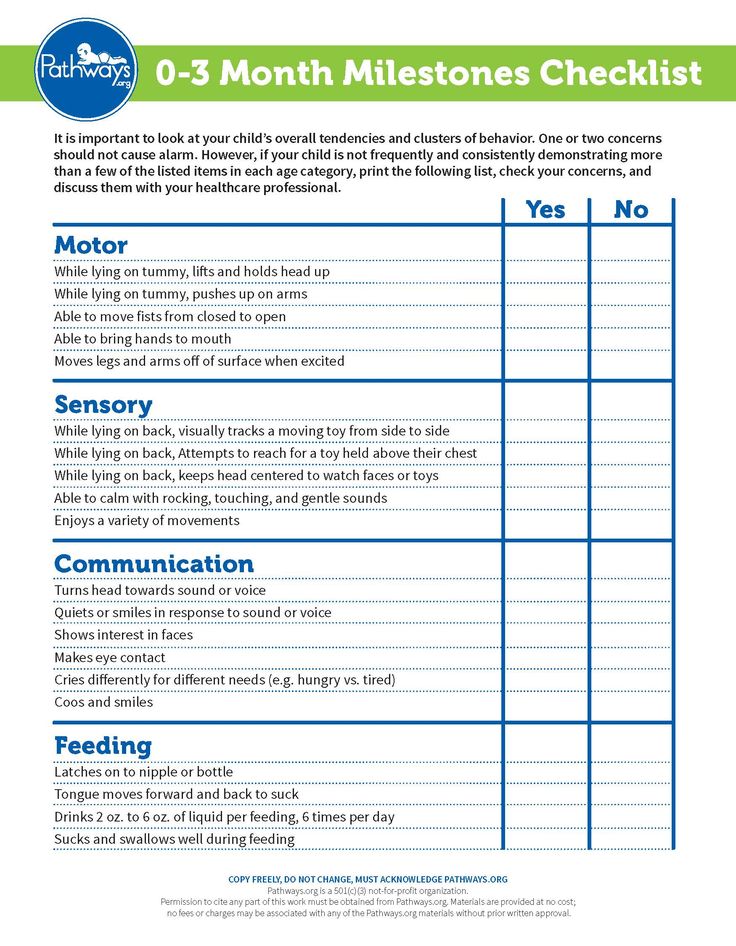 They are often surprised to learn that between the 4th and 26th weeks, total milk production normally does not change. 2
They are often surprised to learn that between the 4th and 26th weeks, total milk production normally does not change. 2
In the first few months, the baby grows very quickly and his metabolism is accelerated. The milk that the child consumes during this period is almost completely used for growth and maintenance of metabolism.
Between the ages of three and six months, metabolism slows down and growth slows, so the same amount of milk is sufficient for the baby. In other words, the baby does not have to consume more and more milk as they grow older. On the contrary, feedings become shorter and less frequent, but at the same time the child receives the same amount of milk, because he suckles better.
Do studies say anything about the age at which breastfed babies start sleeping through the night?
Most babies need to be fed at night.
A baby's stomach is not large enough to go all night without a feed, and breast milk is digested very quickly.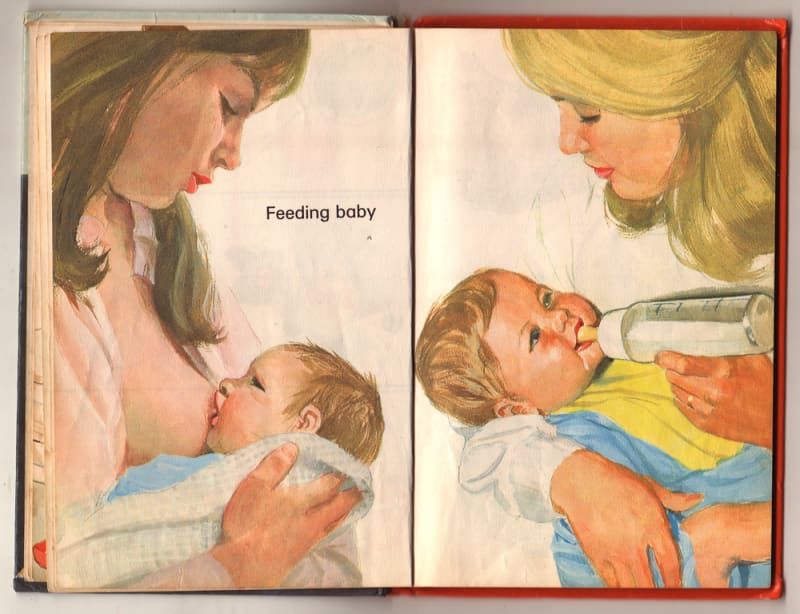 Therefore, it is natural for the baby to wake up at night - and this usually continues for at least the first six months. Feeding at night is normal. When you feed your baby at night, do not even hesitate - all over the world at this moment other mothers of babies of the same age are doing the same. Be patient - it usually only lasts a few months. 1
Therefore, it is natural for the baby to wake up at night - and this usually continues for at least the first six months. Feeding at night is normal. When you feed your baby at night, do not even hesitate - all over the world at this moment other mothers of babies of the same age are doing the same. Be patient - it usually only lasts a few months. 1
What worries new mothers the most during the first few weeks of breastfeeding?
The most common concern is whether the baby latch on properly, sucks well, and is full during feeding. Often mothers also worry about sore nipples. The main thing is to find the right position for feeding from the very beginning and ensure that the baby is latching on correctly. Practice shows that this significantly affects the flow of milk and the convenience of feeding.
What breastfeeding symptoms should be of concern?
Milk production usually returns to normal levels two weeks after birth. If the child does not begin to gain weight on the fifth or sixth day of life, it's time to sound the alarm.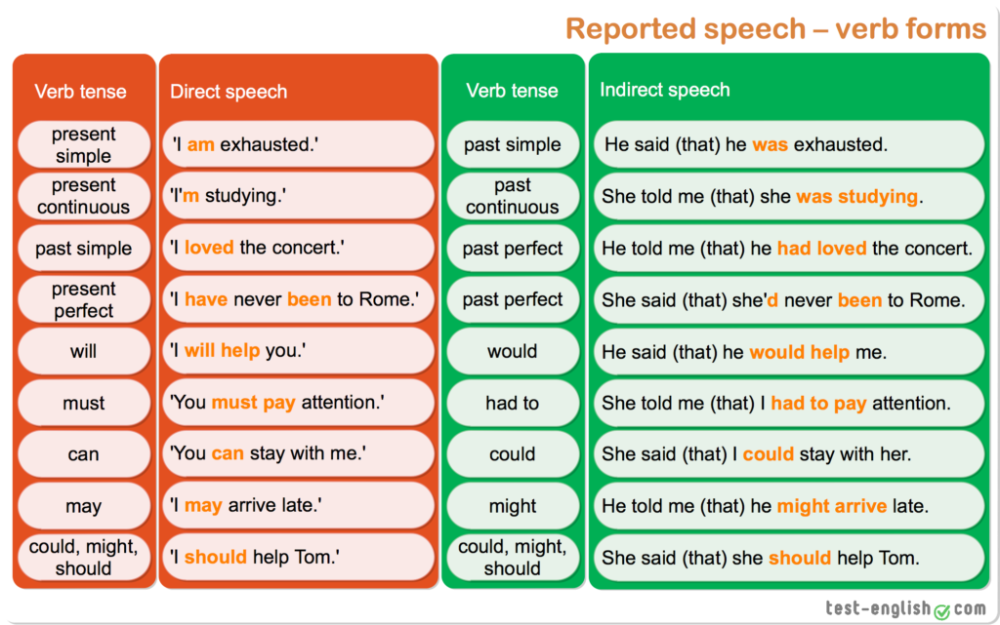 You should contact your doctor to make sure that milk is being produced and that its composition is changing from colostrum to mature breast milk.
You should contact your doctor to make sure that milk is being produced and that its composition is changing from colostrum to mature breast milk.
What advice would you give to a new breastfeeding mother?
Try to ensure skin-to-skin contact with the baby as soon as possible after delivery. If possible, feed your baby within the first hour of life, or at least breastfeed. As soon as possible, contact a specialist to correct the position and grip of the breast during feeding and thus avoid damage to the nipples.
Feed frequently. Young mothers do not immediately succeed in correctly recognizing the signals that the child gives. Be sure to feed your baby on demand, and not at set intervals. Offer the breast as soon as you notice any signs of hunger - as a rule, the baby suckles better when he is calm. If he cries, it is more difficult for him to take the breast. If you are not sure what the child wants, offer him the breast. He decides whether he wants to eat or not.
To learn more about Dr. Kent's research, download infographic "How to determine the limits of normal when it comes to breastfeeding" or see it below.
Literature
1 Kent JC et al. Volume and frequency of breastfeedings and fat content of breast milk throughout the day. Pediatrics . 2006;117(3): e 387-395. - Kent J.S. et al., "Amount and frequency of breastfeeding and fat content of breast milk during the day." Pediatrix (Pediatrics). 2006;117(3):e387-95.
2 Kent JC et al. Longitudinal changes in breastfeeding patterns from 1 to 6 months of lactation. Breastfeeding Medicine . 2013;8(4):401-407. - Kent J.S. et al., Longitudinal changes in breastfeeding patterns from 1 to 6 months of lactation. Brest Med. 2013;8(4):401-407.
Breastfeeding after 1 month: what to expect
Do you know when breast milk production stabilizes? And how does the frequency and duration of feedings change as the baby grows? You will find answers to these questions in our recommendations for breastfeeding after the first month.
Share this information
Congratulations: You made it through the first month of breastfeeding. Your breast milk has reached full maturity 1 , its production is stabilizing and there is little or no leakage from the breast. Don't worry, it's not getting less milk, it's just that your breasts are better able to produce and store it now. 2 At the age of six weeks, your baby will begin to delight you with his charming toothless smiles, and by two months you will already have 500-600 feedings behind you. With a favorable development of events, problems with latch on by this point will already be resolved, and you can simply enjoy the convenience and benefits of breastfeeding.
When does breastfeeding decrease?
The "normal" feeding frequency for babies aged one to six months varies considerably, with some needing four times a day, others asking to be breastfed 13 times a day. 3
“From the age of one month, the amount of milk a baby consumes per feed increases, so that he can go without food for longer,” explains Cathy Garbin, a recognized international expert on breastfeeding, “A baby’s stomach grows, so he eat more at one time. In addition, mature milk allows him to stay full longer.”
Feeding can last from 12 minutes to one hour -
the habits of babies vary so much! 3 But if the child is gaining weight and falls within this range, there is no cause for concern.
What is most surprising, no matter how often the baby eats, he consumes approximately the same amount of milk per day - both at one month and at six, when it is time to start complementary foods with solid food. 4
“However, sometimes the baby eats more and sometimes less, especially when he is unwell. It’s better to just listen to his needs,” Katie explains.
Is breast milk enough for the first six months?
Yes. Breast milk contains everything a baby needs for the first
six months of life - exclusively breastfed babies don't even need to drink water! 5 Until about six months of age, a child's digestive system is simply not adapted to the digestion of solid food, and he will be able to drink cow's milk only after a year.
In addition, breastfeeding during this period prepares the child for further development. It strengthens the muscles of the mouth, develops the jaw and helps straighten the teeth 6.7 . All this will come in handy when the baby begins to eat and talk. And because what you eat and drink affects how your breast milk tastes, your baby discovers new tastes even before he starts eating solid foods. 8
In addition, when your baby is sick, your body produces breast milk that is
rich in antibodies that help fight infection. 9 In other words, milk continues to protect the baby for many months as he grows and becomes more active.
Breastfeeding is also very comfortable once you get used to it. Claudia, a mother of two from the UK, notes: “No need to sterilize a mountain of bottles, prepare formula, carry it all with you, warm it up - in general, breastfeeding turned out to be very convenient, especially when my babies grew up and we began to leave the house more often. ".
At what age does a breastfed baby start sleeping through the night?
Waking up at night is normal for babies. Most babies between the ages of one and six months consume a fifth of their daily milk requirement at night, so nighttime feedings should not be neglected if you want your baby to get the required amount of calories. 3
"It really depends on what you mean by 'sleep through the night,'" says Cathy. "And it's better than waking up every two hours anyway! I have met infants who, starting at six weeks old, fell asleep at 19:00 and woke up at 7:00, but most continue to wake up frequently at night after this age. All children are different."
In Wales, a study of over 700 babies found that almost 80% of children aged 6 to 12 months wake up at least once a night, and 25% of them wake up three times or more. And it did not depend on what type of feeding the child is on - breastfeeding or artificial. 10
And if nighttime awakenings are unavoidable anyway, breastfeeding is at least comfortable! Maina, a mother of two from Australia, agrees: “You can even take a nap while feeding in the middle of the night - both the body and the baby do their job on autopilot.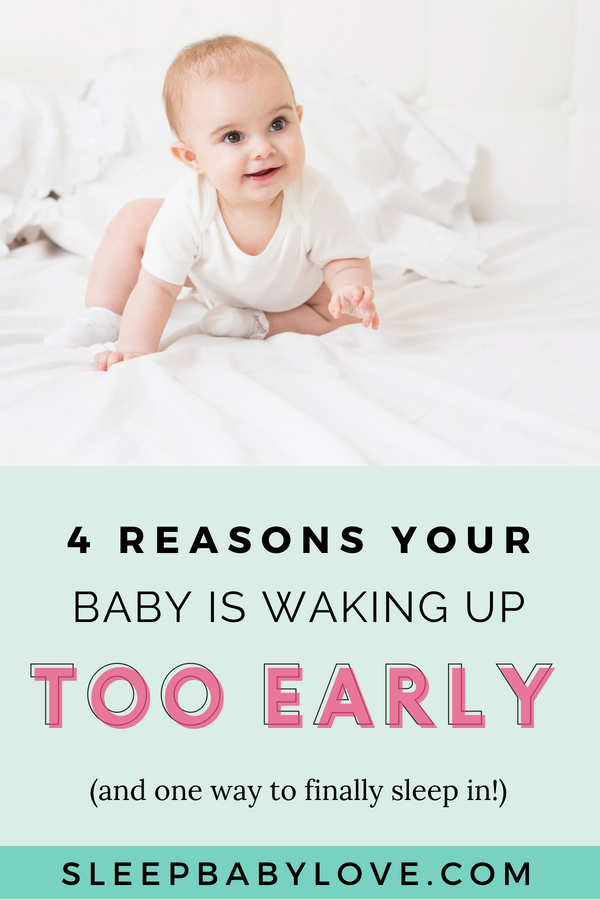 No need to plan, measure, sterilize anything - ready-made food at the right temperature is right in your chest. I think it's ideal."
No need to plan, measure, sterilize anything - ready-made food at the right temperature is right in your chest. I think it's ideal."
My child wakes up more often. Perhaps he is hungry?
Around four months of age, a baby's sleep pattern changes as he, like an adult, develops deep and light sleep phases. Because of this, he may wake up more often at night. “At four months, sleep is more of a problem than feeding,” Cathy admits. “It can be exhausting, but try to adapt and be patient.”
Some people call this " a four-month sleep regression ", but "progress" is more appropriate here. From the outside it may look like a step back, but in fact the child is approaching an important stage of development. He learns quickly, begins to become aware of the world around him, his perception is sharpened and, perhaps, there is anxiety about being separated from his mother. Crying when waking up and being able to eat milk cuddled up to mommy’s chest is a way for a baby to calm down. 11–13
11–13
Resist the urge to “supplement” your baby with formula or start solid foods early
in an attempt to improve his sleep. Breast milk contains
hormones that make you sleepy and help you both relax
. Studies show that breastfeeding mothers actually sleep longer at night than formula- or formula-fed mothers
. 14
How does teething affect breastfeeding?
Teething usually begins around four months of age. When a baby has gum pain, he becomes restless, throws his chest and cries. All this, of course, is unpleasant.
However, breastfeeding can be an excellent sedative.
Studies have shown that babies who are breastfed
during the vaccination period cry less and forget pain more quickly. 15 Breastfeeding during teething can have the same calming effect.
An unpleasant side effect may be the child's attempts to try out his new teeth on the mother's breast. “Sometimes children flirt and bite their mother’s nipples.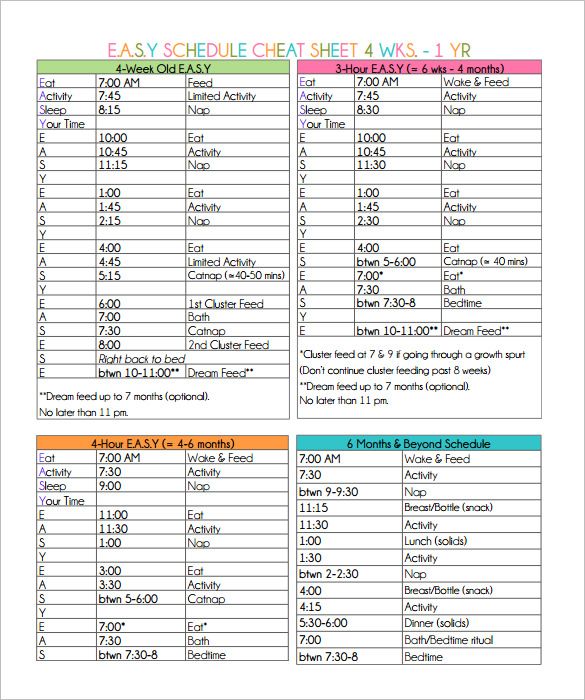 This can be felt in advance by how the behavior of the child changes when feeding: before biting, he removes his tongue, explains Cathy, “Usually this is not a problem and only happens a couple of times. It is enough to stop feeding, affectionately say that biting is not good, and the baby will soon leave this fun.
This can be felt in advance by how the behavior of the child changes when feeding: before biting, he removes his tongue, explains Cathy, “Usually this is not a problem and only happens a couple of times. It is enough to stop feeding, affectionately say that biting is not good, and the baby will soon leave this fun.
How to continue feeding if you have to be separated from the baby?
It happens that during the first six months, when the baby is still fully breastfed, the mother needs to be away for several hours - or even longer if she has to go to work or go away on business for a couple of days.
But this does not mean that you should stop breastfeeding. You can still feed your baby healthy breast milk - just express it and have someone give it to your baby when you're away. Here's Kathy's advice:
“Start expressing milk a couple of days in advance, in small batches, 40-60 ml at a time. So you will have the necessary supply for the time of your absence, but at the same time the amount of milk produced will remain the same.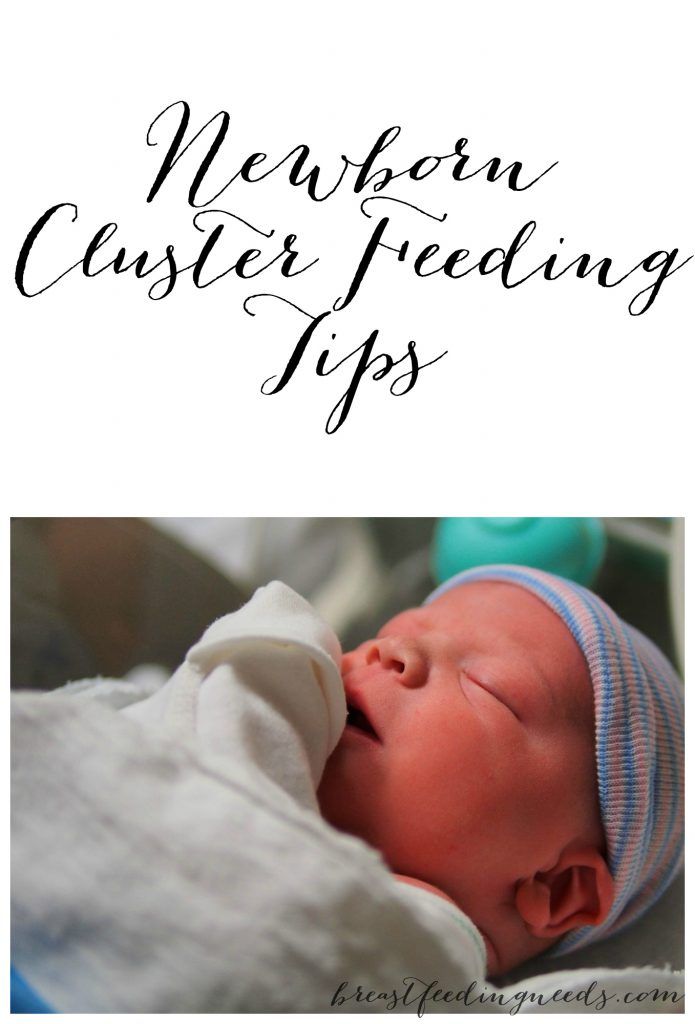
If you have to return to work, check with your employer about your daily schedule. Many mothers breastfeed their babies in the morning, evening and night, and pump milk at lunchtime to relieve discomfort and create a reserve for the next day.
This usually turns out to be much easier than one might think, and today many companies are well placed to do this, notes Cathy. “Breast pumps make it easy to solve this problem.”
Natalie, mother from the USA, shares her experience: “I feed Dylan as soon as he wakes up, and sometimes again before leaving for work, in order to maintain milk production and not lose contact with the child. At work, I pump twice the next day (in my absence, he eats two bottles of breast milk), and after work I rush home for the evening feed. I don't pump on the weekends - we resume regular breastfeeding."
Is it possible to continue breastfeeding after the introduction of solid foods?
When your baby begins to show interest in food and can sit up on his own - usually around six months of age - it's time to start solid foods.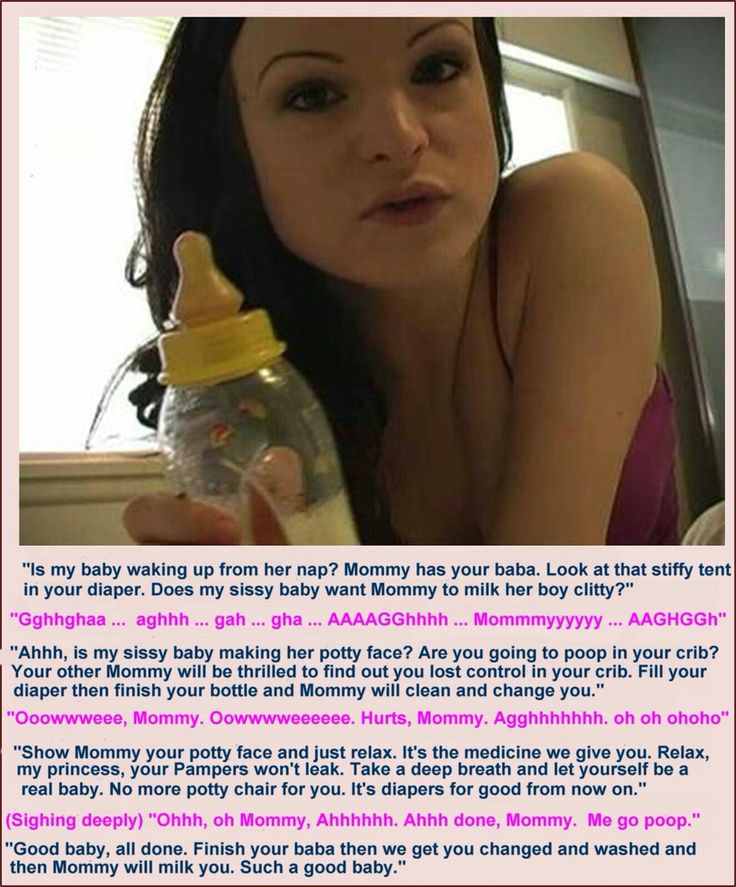 However, it is not necessary to stop breastfeeding, Cathy explains: “A baby’s iron stores during pregnancy are depleted by six months, so he needs additional sources of this element.
However, it is not necessary to stop breastfeeding, Cathy explains: “A baby’s iron stores during pregnancy are depleted by six months, so he needs additional sources of this element.
Start complementary foods with solid foods, but remember that breast milk remains a more important source of calories and nutrients until the baby is eight to nine months old. By this time, he will be eating much more solid food, but he will still need to breastfeed four to five times a day. By 12 months, the frequency of feeding may be two to six times a day. All babies are different, and many of them at this age are still getting half their daily calorie intake from breast milk.”
Don't forget that breast milk can be added to solid foods such as cereals and purees so that the baby can taste familiar tastes. If possible, use milk expressed just before feeding (not thawed) and add just before serving to keep bacteria and nutrients alive. 16
You may be pressured by others to stop breastfeeding when your baby is six months old, but the longer you breastfeed or pump, the better for you and your baby.
How long can I continue breastfeeding?
“The World Health Organization recommends breastfeeding along with solid foods until at least two years of age because it plays an important role in supporting immunity,” says Cathy. feels bad".
At eight months, the baby sometimes breastfeeds four times a day, but when he is one year old, the frequency of feedings can be reduced to two times a day. You yourself will understand which feeding regimen is more suitable for you and your baby. For example, Jane, a mother of two from the US, breastfed until the age of two: “I breastfed when I was at home - in the evenings and on weekends, when the children wanted to be close to me,” says Jane, “It helped a lot when they were sick . Breastfeeding has become my favorite form of comfort."
“When my son got a little older and bolder, he still often asked me to breastfeed him - as if to calm down and gain strength,” recalls Amy, a mother of two children from Canada, “When he happened to hit or skin his knee , breastfeeding was a wonderful way to comfort him.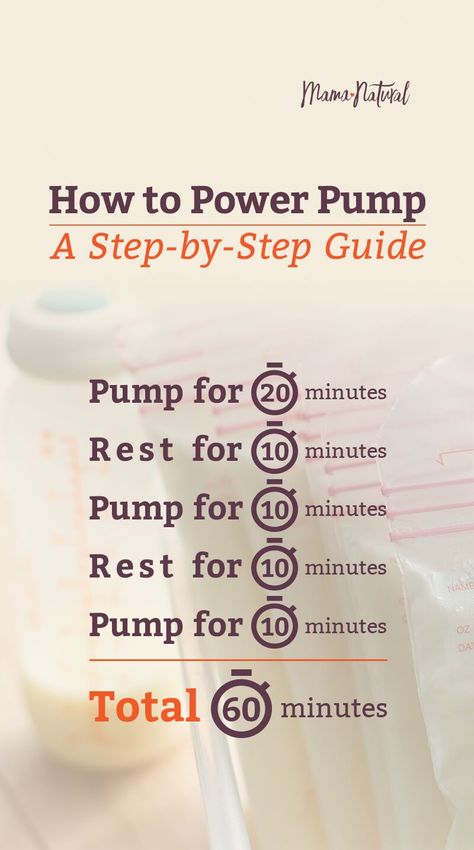 ”
”
If your baby is over a year old and you are still breastfeeding, people around you will probably tell you that this way he will never wean. But if children are not pressured, they usually refuse to breastfeed themselves between the ages of two and four. 17
“I didn’t intend to breastfeed for so long, but as a result, I still breastfeed my four-year-old daughter and 22-month-old son,” says Suzanne, mother of two from the UK, “I breastfeed my youngest before and after work, and in I express milk on business trips. The eldest daughter likes to breastfeed a little before bed or when she is upset - this is a great way to make contact. When I get tired of it, I remind myself what great benefit and comfort it brings them. I now plan to pursue a baby-initiated end breastfeeding strategy — let them decide when to stop.”
For more information on what to expect and lots of tips and tricks, see our guide Breastfeeding Problems After the First Month.
Literature
1 Ballard O, Morrow AL. Human milk composition: nutrients and bioactive factors. Pediatr Clin North Am . 2013;60(1):49-74. - Ballard O., Morrow A.L., "Composition of breast milk: nutrients and biologically active factors." Pediatrician Clean North Am. 2013;60(1):49-74.
Human milk composition: nutrients and bioactive factors. Pediatr Clin North Am . 2013;60(1):49-74. - Ballard O., Morrow A.L., "Composition of breast milk: nutrients and biologically active factors." Pediatrician Clean North Am. 2013;60(1):49-74.
2 Kent JC et al. Principles for maintaining or increasing breast milk production. 2012;41(1):114-21. - Kent J.S. et al., "Principles for Maintaining and Increasing Milk Production". J Obstet Ginecol and Neonatal Nurse. 2012;41(1):114-121.
3 Kent JC Volume and frequency of breastfeedings and fat content of breast milk throughout the day. Pediatrics. 2006;117(3): e 387-395. - Kent J.S. et al., "Amount and frequency of breastfeeding and fat content of breast milk during the day." Pediatrix (Pediatrics). 2006;117(3):e387-95.
2006;117(3):e387-95.
4 Kent JC et al. Longitudinal changes in breastfeeding patterns from 1 to 6 months of lactation. Breast Med . 2013;8(4):401-407. - Kent J.S. et al., Longitudinal changes in breastfeeding patterns from 1 to 6 months of lactation. Brest Med. 2013;8(4):401-407.
5 Almroth S, Bidinger PD. No need for water supplementation for exclusively breast-fed infants under hot and arid conditions. Trans R Soc Trop 1990;84(4):602-604. - Elmroth S., Bidinger P.D., "No need for supplementation of exclusively breastfed infants in hot, dry conditions." Trans R Sots Trop Med Hyg. 1990;84(4):602-604.
6 Victora CG et al . Breastfeeding in the 21st century: epidemiology, mechanisms, and lifelong effect. Lancet. 2016;387(10017):475-490. - Victor S.J. et al., "Breastfeeding in the 21st century: epidemiology, mechanisms and long-term effects". Lancet 2016;387(10017):475-490.
Lancet. 2016;387(10017):475-490. - Victor S.J. et al., "Breastfeeding in the 21st century: epidemiology, mechanisms and long-term effects". Lancet 2016;387(10017):475-490.
7 Peres KG et al. Effect of breastfeeding on malocclusions: a systematic review and meta - analysis. Acta Paediatr. 2015;104( S 467):54-61. - Perez K.G. et al., "The impact of breastfeeding on malocclusion: a systematic review and meta-analysis". Akta Pediatr. 2015;104(S467):54-61.
8 Mennella JA, Beauchamp GK. Maternal diet alters the sensory qualities of human milk and the nursling's behavior. Pediatrics. 1991;88(4):737-744. - Mennella, JA, Beauchamp, GK, "Maternal nutrition influences the organoleptic properties of breast milk and infant behavior." Pediatrix (Pediatrics). 1991;88(4):737-744.
9 Hassiotou F et al. Maternal and infant infections stimulate a rapid leukocyte response in breastmilk. Clin Transl immunology. 2013;2(4). - Hassiot F. et al., "Infectious diseases of the mother and child stimulate a rapid leukocyte reaction in breast milk." Clean Transl Immunology. 2013;2(4).
Clin Transl immunology. 2013;2(4). - Hassiot F. et al., "Infectious diseases of the mother and child stimulate a rapid leukocyte reaction in breast milk." Clean Transl Immunology. 2013;2(4).
10 Brown A, Harries V. Infant sleep and night feeding patterns during later infancy: Association with breastfeeding frequency, daytime complementary food intake, and infant weight. Breast Med . 2015;10(5):246-252. - Brown A., Harris W., "Night feedings and infant sleep in the first year of life and their association with feeding frequency, daytime supplementation, and infant weight." Brest Med (Breastfeeding Medicine). 2015;10(5):246-252.
11 Infant sleep information source. [Internet]. Normal Infant Sleep Development; December 2017 [cited 2018 Feb] - All about baby sleep. [Internet] "The development of normal sleep in a child", December 2017 [cited February 2018].
12 Baby sleep science. [Internet]. The-Four-Month-Sleep-Regression-What-is-it-and-What-can-be-Done-About-it. March 2014 [ cited 2018 Feb ] - The Science of Baby Sleep. [Internet], "Four-month sleep regression: what it is and what to do about it." March 2014 [cited February 2018].
13 The Myth Of Baby Sleep Regressions – What’s Really Happening To Your Baby’s Sleep? [Internet]. Pinky Mckay ; December 2017 [ cited 2018 Feb ] - "The Myth of Baby Sleep Regression - What's Really Happening to Your Baby?" [Internet]. Pinky McKay, December 2017 [cited February 2018].
14 Kendall - Tackett K ET Al . The effect of feeding method on sleep duration, maternal well-being, and postpartum depression.




